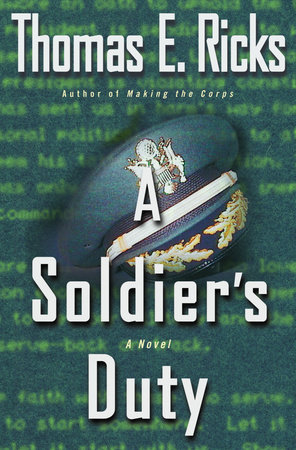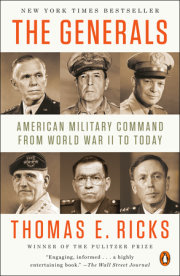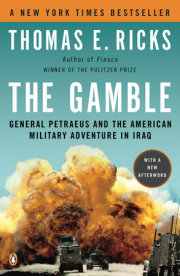Thomas E. Ricks is an adviser on national security at the New America Foundation, where he participates in its “Future of War” project. He was previously a fellow at the Center for a New American Security and is a contributing editor of
Foreign Policy magazine, for which he writes the prizewinning blog
The Best Defense. Ricks covered the US military for
The Washington Post from 2000 through 2008. Until the end of 1999 he had the same beat at
The Wall Street Journal, where he was a reporter for seventeen years. A member of two Pulitzer Prize–winning teams, he covered US military activities in Somalia, Haiti, Korea, Bosnia, Kosovo, Macedonia, Kuwait, Turkey, Afghanistan, and Iraq. He is the author of several books, including
The Generals,
The Gamble, and the number one
New York Times bestseller
Fiasco, which was a finalist for the Pulitzer Prize.
View titles by Thomas E. Ricks












